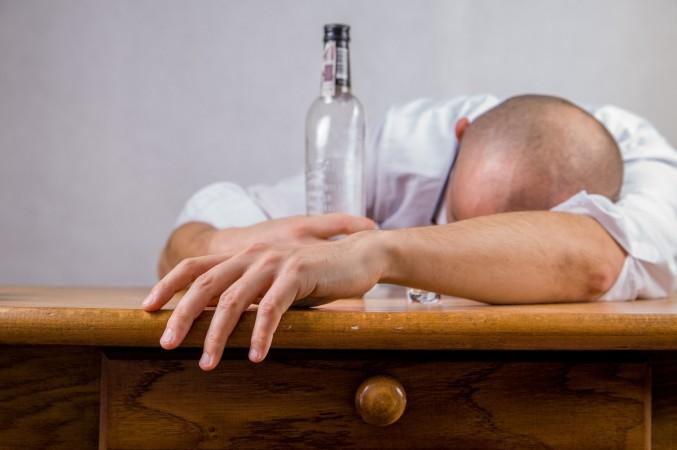
One of the finest lines that separate your early 20s from your late ones is your capability to handle a hangover. As tempting as a fun night of drinking with your buddies might seem, the idea of dealing with the ever so hated hangover the following day only becomes more and more dreadful with age.
While research suggests that hangovers start getting noticeable nastier at the age of 29, it is still unclear why it happens. Most experts believe body's fat content and diminishing ability to process alcohol is responsible for it, and here is exactly what goes down.
Also read: Facts and myths about hangover
The body has the ability to adjust in order to survive, and that includes adjusting to heavy drinking too. The enzymes in the liver break down the alcohol to make it more digestible and tolerable to our system. But the liver also starts working in the opposite direction if you lower your drinking levels.
Simply put, the liver undergoes a sort of reset and starts producing lower amounts of alcohol dehydrogenase (ADH) enzyme, which is responsible for breaking down alcohol's content.
Funnily enough, a past study conducted in the UK, had found that alcohol-consumption peaks around the age of 25 for most people. This combined with our overall metabolism slowing down due to age is what contributes to the raging battle against dealing with alcohol in our system.

As a result, science says that the body fat content is also affected as we do not use up the energy stored in fat cells as quickly as in our younger years, just spurring the battle with hangovers.
It has been revealed that women are particularly more vulnerable to this after menopause, as the body produces less estrogen, meaning more production of fat cells, as fat cells also produce estrogen to create a biological balance.
Also, both men and women lose muscle mass. Muscle tissues comprise 75 percent water, while in the fat tissues, it is just 10 percent. Alcohol being water soluble is much more quickly absorbed by water-rich, or muscular bodies than by fattier bodies.
The problem of hangovers is also a two-fold one, affected not only by just absorption but dehydration too. While the root cause of hangover is yet to be revealed, experts believe it's a minor withdrawal of sorts along with major dehydration, which results in headaches.

Science also states that with age, our inherent feeling of thirst is replaced by fatigue – thus leaving us more dehydrated, as we don't realize that what our body really needs is a big glass of water.
Simultaneously, aging degrades kidney function too. The body loses its ability to retain the proper balance of water, which increases risks of dehydration, ultimately leading to a hangover.
But The Alcohol Hangover Research Group believes that instead of dehydration, the major symptoms of hangover can be linked to sleep. They suggested that hangover symptoms are most consistent with the effects of cytokines.
Also read: Best ways to cure a hangover
The quality and quantity of sleep a person gets was shown to be linked to how bad their symptoms were in the hungover state, and while they didn't explore causes, the fact that sleep degrades with age has been supported by science too.
So be it lack of water or poor sleep – if you're nearing your 30s, you might want to keep in check the number of drinks you allow to come your way!















